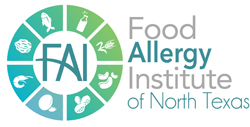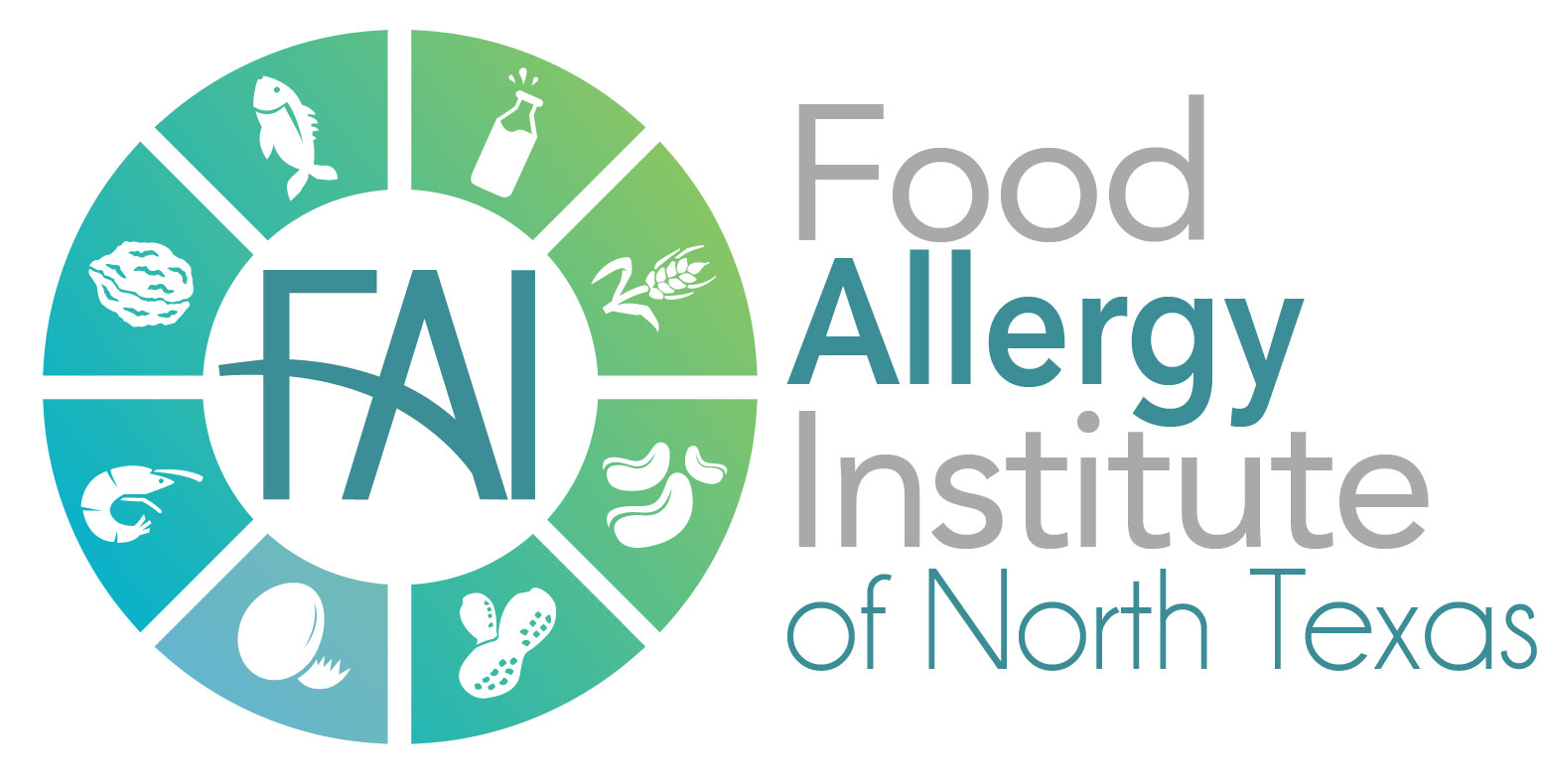05 Aug COMMON MYTHS ABOUT FOOD ALLERGIES
1. I must be allergic to milk. I always have a stomachache after drinking it.
A stomachache after ingesting a food does not necessarily indicate an allergy. A food allergy is a very specific immune system response that reacts to proteins in foods and responds as if they were foreign invaders. An allergic reaction can occur immediately or up to one hour after ingesting a particular food. Symptoms can range from mild to severe, including: hives, itching, wheezing, trouble breathing, and anaphylaxis.
A reaction to food that is not immune generated may occur up to 3 or 4 hours after ingestion. This may indicate a food intolerance or sensitivity.
According to Wesley Burks, MD, Division Chief of Pediatric Allergy and Immunology at Duke University Medical Center in Durham, N.C.: “The biggest misunderstanding is that there are different types of food allergies, they’re reproducible, the reactions are the same. You can’t eat cheese, feel sick, and claim a food allergy, but then turn around and enjoy ice cream and feel okay. With a true food allergy, the trigger does not change and the trigger will always set off the same immune system response.”
2. Food allergies cause hyperactivity in kids.
Food allergies are not linked to hyperactivity in children. There is, however, a great deal of research linking: artificial colors, flavors, and preservatives in convenience foods such as prepared, packaged foods and snacks, soft drinks, and candies to behavior in children. When these foods are eaten more frequently than healthy proteins, whole grains, fruits, and vegetables, behaviors may get worse in certain children. These responses should not be mistaken for food allergies.
3. I think I’m allergic to gluten. I’m always bloated and lethargic after eating bread. I must have a gluten-sensitivity.
Gluten is a general name for the proteins found in: wheat, rye, barley, and triticale. Gluten can be found in many foods, even ones that may not be expected.
Some individuals may have a gluten sensitivity or have celiac disease. If you have symptoms like: diarrhea, stomach upset, abdominal pain, and bloating after consuming gluten containing foods, see a doctor to get tested for celiac disease before consuming a gluten-free diet. Quitting gluten before you get the blood test might backfire as the immune system might not be making the antibodies that the test checks for.
If celiac disease has been ruled out, a gluten-sensitivity may be the case. It is important not to self-diagnose, however, as a gluten-free diet is not necessarily healthier. Many nutrients may be missed by eliminating gluten-containing foods, therefore proper diagnosis and dietary counseling is recommended if a sensitivity is suspected.
4. Even if you’re allergic to something, one small bite is okay.
Having a true food allergy requires eliminating all foods that contain the allergen. Even a small bite of an offending food can trigger an allergic reaction in a sensitive individual with a response as strong as anaphylaxis. Individual responses to allergens is unpredictable with each allergy, therefore completely eliminating suspect foods is encouraged.
5. Benadryl is a great first response to an allergic reaction.
Benadryl has a sedative effect which can mask signs of shock during an allergic reaction. If an individual is experiencing one symptom, such as hives, or some swelling after exposure to an allergen, Benadryl may be sufficient. Epinephrine, however, is highly encouraged for reactions that involve more than one system and/or compromise the individuals breathing in any way.


